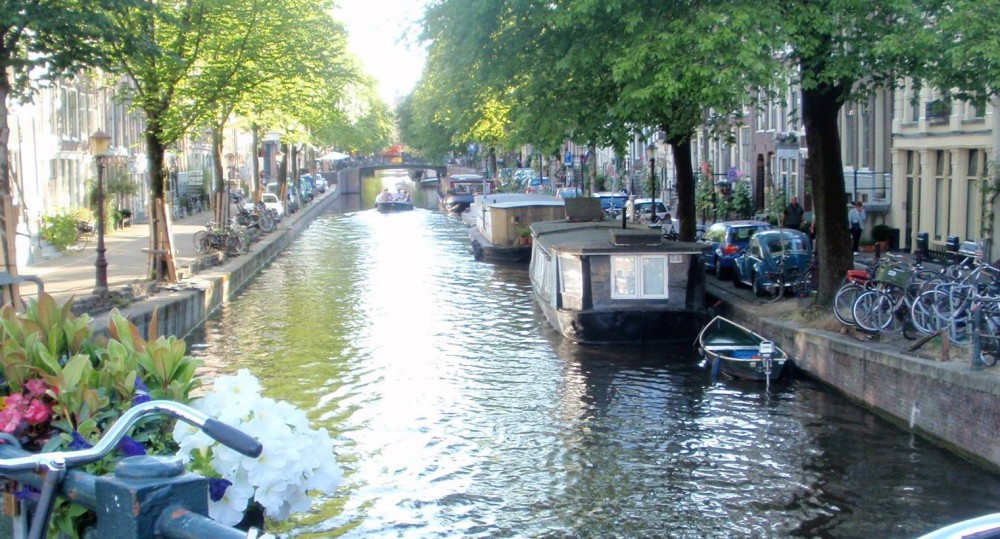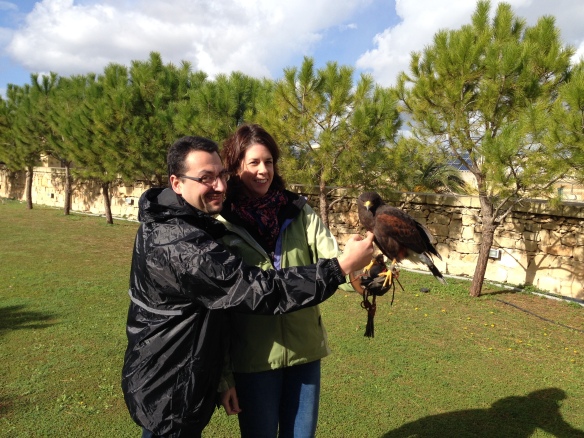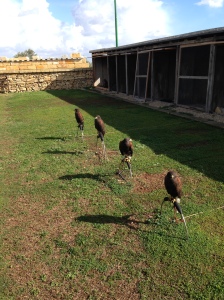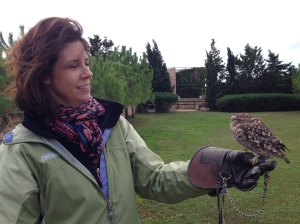I’m not big on New Year’s Eve, or the idea of making resolutions. At least not at the turn of the year. The memory of new shoes and unsullied notebooks at the start of a school year never quite fades. And even though I’m years removed from the first day of school, September always seems like the right time to start fresh. These bleak mid-winter days of January – dark, short, cold – are a time for cuddling up with our old habits and lazy ways. It’s a terrible time to start exercising or dieting, or resolving to do anything other than read, watch old movies, maybe write a letter or two.
That said, I do have one New Year’s tradition, which is to read and to share a New Year’s poem. The same poem, every year, since I always need to hear what the poet is telling me. It’s called, simply, “New Year’s Resolution”, by Phillip Appleman. Some of the references are to American sporting traditions on New Year’s Day, specifically the Rose Bowl in Pasadena, California, but the message is universal. We all end a year with some regret, and we start a year with the promise to do better.
Regardless of where this finds you, may you enter 2016 with a joyful heart and a resolution to break your losing streak. Happy New Year!
Well, I did it again, bringing inthat infant Purity across the land,welcoming Innocence with ginin New York, waiting upto help Chicago,Denver, L.A., Fairbanks, Honolulu–and nowthe high school bands are alienating Dallasand girls in gold and tangerinehave lost touch with Pasadena,and young men with biceps and missing teethare dreaming of personal fouls,and it’s all beginning again, just likethose other Januaries ininstant replay …But I’ve had enoughof turning to look back, the oldpost-morteming of defeat:people I loved but didn’t touch,friends I haven’t seen for years,strangers who smiled but didn’t speak–failures,failures. No,I refuse to leave it at that–becausesomewhere, off camera,January is coming like Venusup from the murk of December, re-virginized, as innocentof loss as any dawn. Resolved: this yearI’m going to break my losing streak,I’m going to stay alert, reach out,speak when not spoken to,read the minds of people in the streets,I’m going to practice every day,stay in training and be moderatein all things.All things but love.



